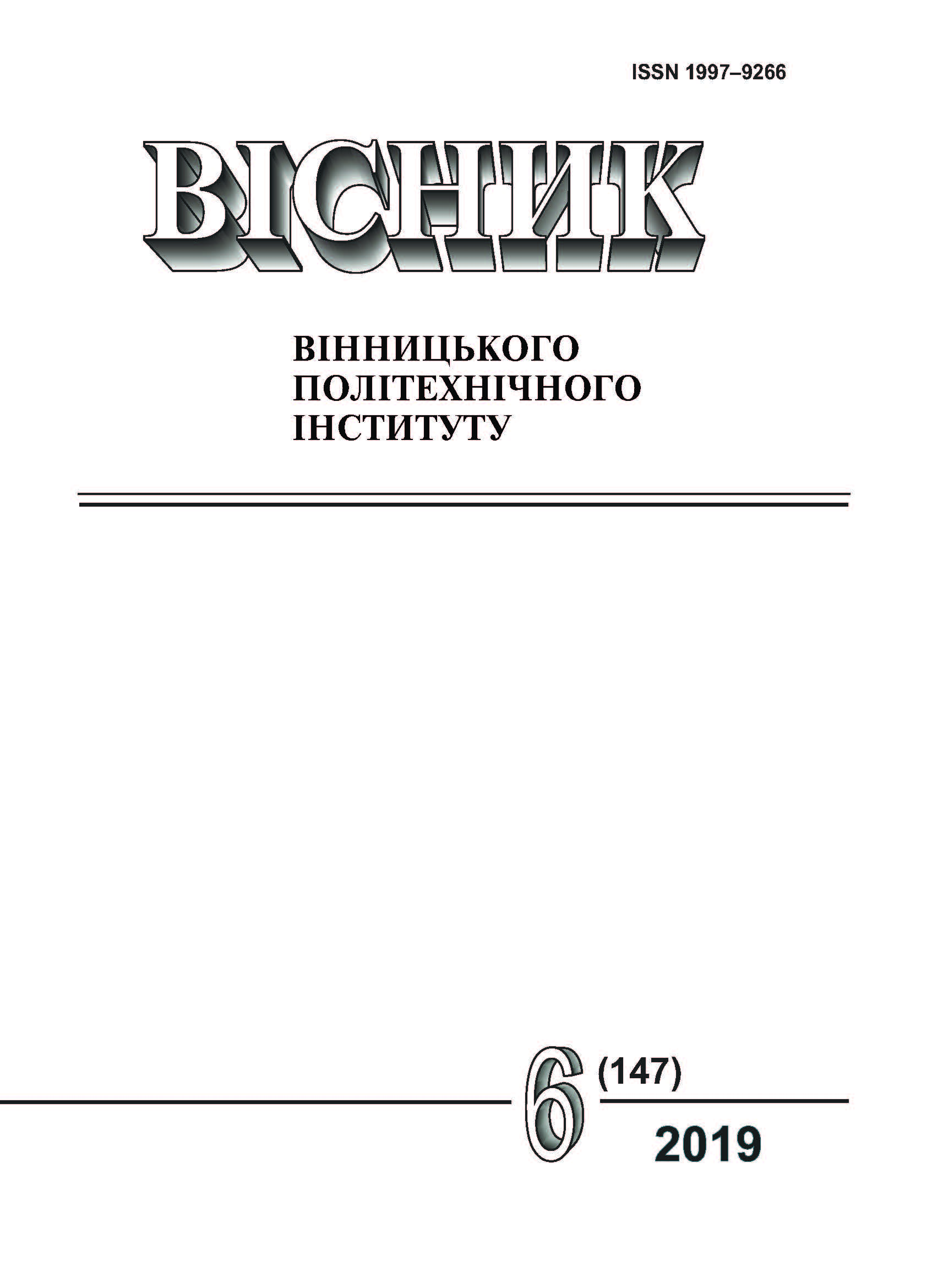Formation of Financial Literacy of Future Engineers at Higher Mathematics Lessons
DOI:
https://doi.org/10.31649/1997-9266-2019-147-6-99-105Keywords:
higher mathematics, problematic approach, components of financial literacy, future engineer, financial literacyAbstract
The article analyzes the conceptual ideas of financial literacy formation of future engineers in higher mathematics classes. The article substantiates that the formation of financial literacy of future engineers in mathematics classes is a complex process, the effectiveness of which largely depends on the level of their mathematical abilities and mastery of teaching material. Based on the current research on financial literacy, the author proposes to consider the financial literacy of future engineers as an integrated quality, which manifests itself in the unity of two main aspects: personal (motivational, value components) and activity (cognitive and operational components), which allows for the formation and formulation. financial knowledge of the basics of economics, learning to make the right financial decisions. The basic components of financial literacy of future engineers are described: motivational (system of motives, self-education skills, self-improvement in financial education, critical thinking of independent work, self-organization and self-control); value (value settings for the need for knowledge of financial theory); cognitive (financial knowledge and constant updating); operating (use of financial knowledge gained in practice). A structural diagram of financial literacy of future engineers has been developed. It has been found that it is advisable to use a task approach to formulate the financial literacy components of future engineers, since the tasks interpret a peculiar model of practical situations in which students are immersed in the process of finding their solutions. It is determined that in the educational process of studying higher mathematics tasks perform the following functions: educational (as a means of assimilation of knowledge, skills and skills); stimulating (stimulus to exercise cognitive activity); supervising (as a means of controlling the quality of learning the learning material); developing (as a means of developing the intellectual sphere of the individual). Cross-curricular links in higher mathematics topics with finance have been traced. Examples of using financial content problems in higher mathematics classes in the process of studying linear and vector algebra and analytical geometry, differential calculus are given.
References
Л. С. Захаркіна, «Підвищення рівня фінансової грамотності населення України», Економічний форум, № 4, с. 200-207, 2014.
Т. О. Кізима, «Фінансова грамотність населення: зарубіжний досвід і вітчизняні реалії», Вісник ТНЕУ, № 2, с. 64-71, 2012.
Міжрегіональна суспільна організація «Достижения молодых» — Junior Achievement Russia. [Електронний ресурс]. Режим доступу : http://www.ja-russia.ru/ru/fl/ .
В. Д. Шарко, Технології компетентісно-орієнтованого навчання природничих дисциплін. Теоретико-методичні основи вдосконалення системи освіти: дидактичний аспект. Херсон, Україна: КВНТЗ «Херсонська академія неперервної освіти», 2014.
Е. Кочович та ін., Финансовая математика: с задачами и решениями. Москва, Россия: Финансы и статистика, 2004.
А. М. Алілуйко, Вища математика у прикладах і задачах для економістів. Тернопіль: ТНЕУ, 2017.
Downloads
-
PDF (Українська)
Downloads: 688
Published
How to Cite
Issue
Section
License
Authors who publish with this journal agree to the following terms:
- Authors retain copyright and grant the journal right of first publication.
- Authors are able to enter into separate, additional contractual arrangements for the non-exclusive distribution of the journal's published version of the work (e.g., post it to an institutional repository or publish it in a book), with an acknowledgment of its initial publication in this journal.
- Authors are permitted and encouraged to post their work online (e.g., in institutional repositories or on their website) prior to and during the submission process, as it can lead to productive exchanges, as well as earlier and greater citation of published work (See The Effect of Open Access).





